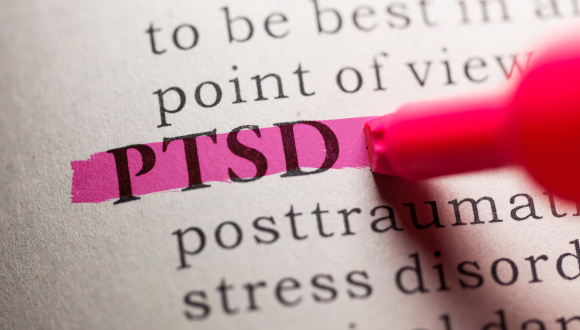TAU research: 23% of adult Jewish Israelis now suffer from post-traumatic stress disorder

Researchers used smartwatches and a dedicated application to monitor mental and physiological changes
Support this researchAccording to Tel Aviv University (TAU) researchers, 23% of adult Jewish Israelis suffer from post-traumatic stress disorder (PTSD). The high incidence of PTSD is explained by increased news consumption and especially by the availability of explicit videos on social media. In addition, data collected the first week after October 7th indicates the possible development of post-trauma at a later time.
The new study from TAU, Stanford University, and the Wizermed company used smartwatches and a dedicated application to monitor changes in mental and physiological indices as a result of the traumatic events of October 7th. For comparison, just after the fall of the World Trade Center towers, 7.5% of Americans in New York City suffered from similar symptoms.
The research was headed by Professors Erez Shmueli and Dan Yamin from TAU’s Fleischman Faculty of Engineering and the Wizermed company, together with Dr. Merav Mofaz, Matan Yechezkel, and Ron Elias from TAU’s Engineering Faculty and Dr. Shahar Lev-Ari from TAU’s Faculty of Medicine, in collaboration with David Spiegel and Margaret L. Brandeau from Stanford University. It was published on medRxiv on December 18, 2023.
Data based on 752,057 daily questionnaires filled out by nearly 5,000 participants revealed that stress levels after October 7th were unprecedented and far exceeded those observed during previous events. These include the deadliest and most contagious COVID-19 wave, during which 30% of the Israeli population tested positive over a short period of three months; widespread political protests sparked by a controversial judicial reform, culminating in the dismissal of an Israeli minister and massive labor and company strikes; and intense military engagements, with over 1,000 rockets launched from Gaza toward multiple Israeli cities.
The research is based on two sub-studies. The first is a prospective study that began in November 2020 and included approximately 5,000 participants who were equipped with smart watches that monitored daily changes in their mental and physiological indices. In addition, the researchers conducted a survey among the aforementioned participants and among 2,537 panel participants who constituted a representative sample of adult Jewish Israelis, which included questionnaires on PTSD and clinical anxiety as well as questions about news consumption and watching videos containing explicit images in the week after October 7th.
According to the panel study, approximately 23% of adult Jewish Israelis who were not directly exposed to the horrors of October 7th suffer from PTSD (compared to 4.5% who were diagnosed with PTSD before the outbreak of the war). It was also found that after the events of October 7th about 55% of adult Jewish Israelis suffer from clinical anxiety at various levels, and about 23% suffer from clinical anxiety at a moderate to high level. Further analysis of the data shows that the incidence of PTSD is highest among young people, women, and the traditional and secular population.
“The current digital age presents both challenges and solutions,” Professor Yamin says. “The pervasive circulation of explicit and unfiltered graphic content, including videos of horrific acts across various media channels, may contribute to a rise in PTSD rates among individuals indirectly exposed to traumatic events. Recognizing early signs that may lead to PTSD is crucial.
“The capability to track and interpret biometric data from smartwatches heralds promising new paths for detecting early indicators of PTSD. This is particularly relevant for cases where trauma exposure occurs indirectly, such as through mass media. Identifying these early signs is vital for enabling prompt intervention and averting the long-term detrimental effects on mental health.”
The research was funded by the Israel Science Foundation within the Israel Precision Medicine Partnership Program and the Koret Foundation Smart Cities and Digital Living Program.